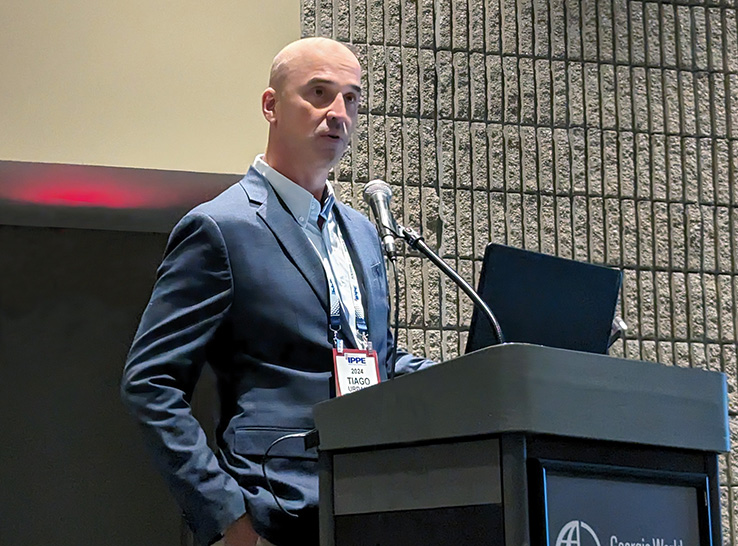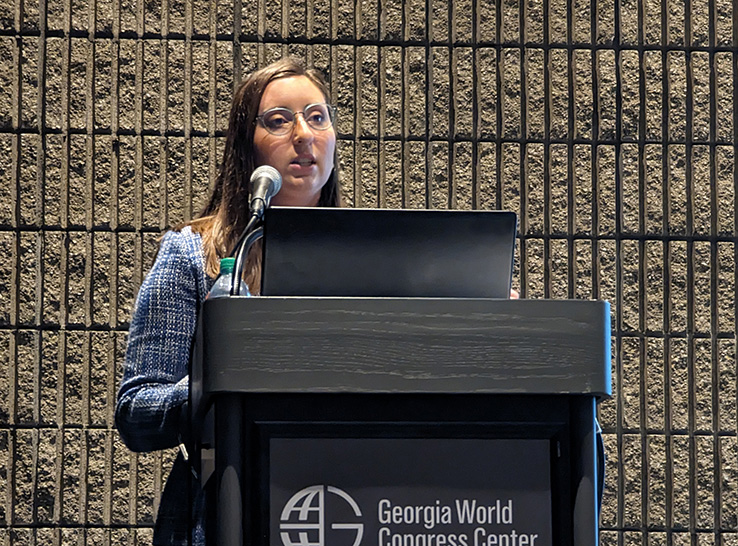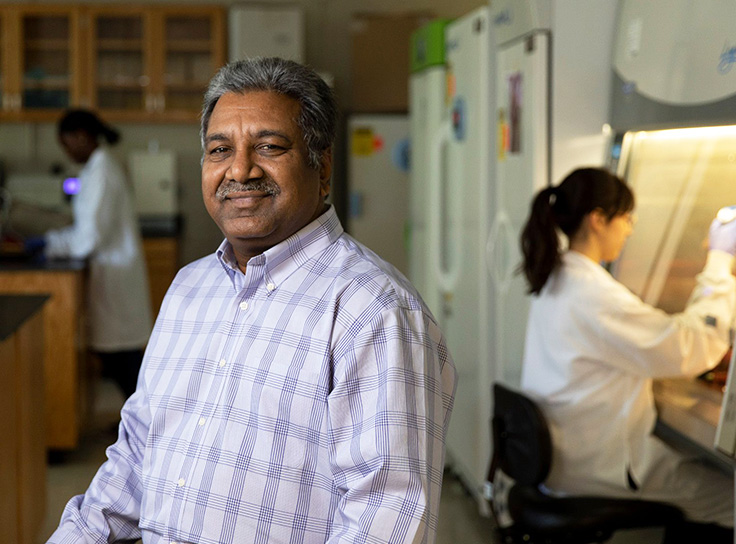Laying hens exposed to prolonged heat waves experience adverse health effects that lead to health issues and reduced productivity.
“Heat-wave stress is one of the most common environmental challenges for hens,” reported Tiago Urbano, Vetanco Brazil. “Feed consumption and calcium and phosphorus intake are drastically reduced, negatively affecting egg production and quality.”
“Many studies show that probiotics improve intestinal integrity due to lactic acid production and the competitive exclusion of pathogens,” he said.
“In addition, studies have shown that probiotics improve the eggshell product because of the greater calcium absorption and retention by the hens.”
Prebiotics, which serve as the “substrate” for gut microbes, are also important because they increase intestinal cell proliferation and strengthen the intestinal barrier, he added.
Urbano and his research team conducted a trial using probiotics, prebiotics and a combination of both at the Animal Science Department of Santa Catarina State University, Brazil, to evaluate the feed additives’ ability to reduce heat-wave stress on hens.
Urbano discussed the trial and results at the 2024 International Poultry Scientific Forum.
Heat-wave simulation trial
The trial lasted 112 days (four cycles of 28 days each) and involved 100, 30-week-old Isa Brown laying hens. The hens were distributed in a complete randomized design, in a 4 X 2 factorial arrangement (four treatments X two moments — before and after the stress) with five replicates of four hens each.
There were four treatments:
- Stressed birds plus probiotic (Bacillus subtilis at 300 g/ton)
- Stressed birds plus prebiotic (combination of organic acids and yeast wall lysate at 1000 g/ton)
- Stressed birds plus probiotic and prebiotic
- Control with heat-stressed birds fed a basal diet
The birds were challenged by heat waves of 37° C (98.6° F) for 8 hours on 3 consecutive days (13th, 14th and 15th days of each cycle).
The researchers analyzed the egg’s physical quality on the day before and after the heat stress and on the last day of each experimental cycle. They also collected blood samples to determine oxidative stress before and after each stress period and tested intestinal permeability using the fluorescein isothiocyanate (FITC)-dextran method.
Combination reduces heat effect
Overall, the heat waves negatively affected feed consumption, egg production, feed conversion and the qualitative indexes of the eggs, according to Urbano. The stress also caused higher oxidative stress in birds through greater activity of the enzyme superoxide dismutase.
Results from feeding only the probiotic or prebiotic showed no significant effect on production parameters.
“However, the group that received the combination of prebiotics and probiotics had the lowest feed-conversion rate when compared to the positive-control group,” Urbano explained.
These hens fed diets with prebiotics and probiotics also produced eggs with statistically higher values for specific gravity, shell thickness and percentage when compared to the positive-control group.
“The combination of probiotics and prebiotics also minimized the negative effect caused by heat stress on intestinal integrity by decreasing the absorption of the FITC molecule in the gut,” Urbano stated.
“Consequently, the better intestinal integrity of these birds led to better feed conversion and improved the internal and external quality of the eggs, in addition to reducing the activity of superoxide dismutase.
“Based on these results, we can assume that the association of probiotics and prebiotics is a good tool to minimize negative effects caused by heat waves in laying hens,” he concluded.






